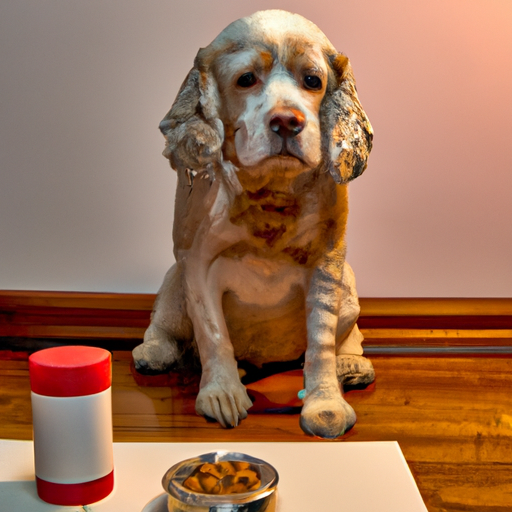Understanding Your Dog’s Digestive System
You treat your dog as a member of your family, and like any other family member, their health is of utmost importance to you. To properly administer medication, understanding their digestive system is key. Much like humans, dogs have a complex digestive system that begins at the mouth and ends at the anus.
In between, food travels through the esophagus, stomach, and intestines, undergoing a series of processes that break it down into nutrients. The average digestion time for dogs can vary between 4 to 12 hours, depending on factors such as the dog’s size, age, health, and diet.
Timing Medication with Feeding
When it comes to giving your furry friend medication, timing can be everything. Some medications require an empty stomach for optimal absorption. However, you might be wondering, “How long after eating is a dog’s stomach empty?”
The answer isn’t straightforward. Generally, a dog’s stomach is considered empty two hours after eating. However, it’s crucial to consult with your vet as individual factors can influence this.
Factors Affecting Your Dog’s Digestive Speed
Several factors can influence how quickly your dog digests food:
- Size: Smaller breeds tend to digest food faster than larger ones.
- Age: Younger dogs may have a faster metabolism and process food quicker than older dogs.
- Diet: A diet rich in fiber can speed up digestion.
Here’s a simple table that provides a rough estimate of digestion times based on dog sizes:
| Dog Size | Approximate Digestion Time |
|---|---|
| Small | 4-6 hours |
| Medium | 6-8 hours |
| Large | 8-10 hours |
How to Administer Medication Properly
Administering medication to your dog can be a challenge, but there are a few methods you can try:
- Directly into the mouth: This ensures that your dog gets the full dose. However, it can be tricky if your dog is uncooperative.
- With a treat: There are special pill pockets designed to hide medication. Just make sure it doesn’t compromise the “empty stomach” rule.
- Crushed in food: Some medication can be crushed and mixed into food. Always consult with your vet before doing this.
Ensuring Your Dog’s Health and Well-being
The welfare of your dog is paramount. Administering medication properly is crucial in ensuring they stay healthy. Work closely with your vet to understand the specifics of your dog’s medication and the best ways to administer it. Remember, every dog is unique; what works for one may not necessarily work for another.
Frequently Asked Questions
Q1: How long after eating can I give my dog medication?
A: Generally, a dog’s stomach is considered empty two hours after eating. However, consult with your vet as individual factors can influence this.
Q2: Can I mix my dog’s medication with food?
A: Some medications can be mixed with food, while others need to be administered on an empty stomach. Always check with your vet first.
Q3: My dog refuses to take medication. What can I do?
A: You can try hiding the medication in a treat or using special pill pockets. If you’re still having trouble, consult with your vet for alternatives.
Q4: Does the size of my dog affect digestion time?
A: Yes, smaller breeds tend to digest food faster than larger breeds.
Q5: Can the type of food my dog eats influence digestion time?
A: Yes, a diet rich in fiber can speed up digestion.



